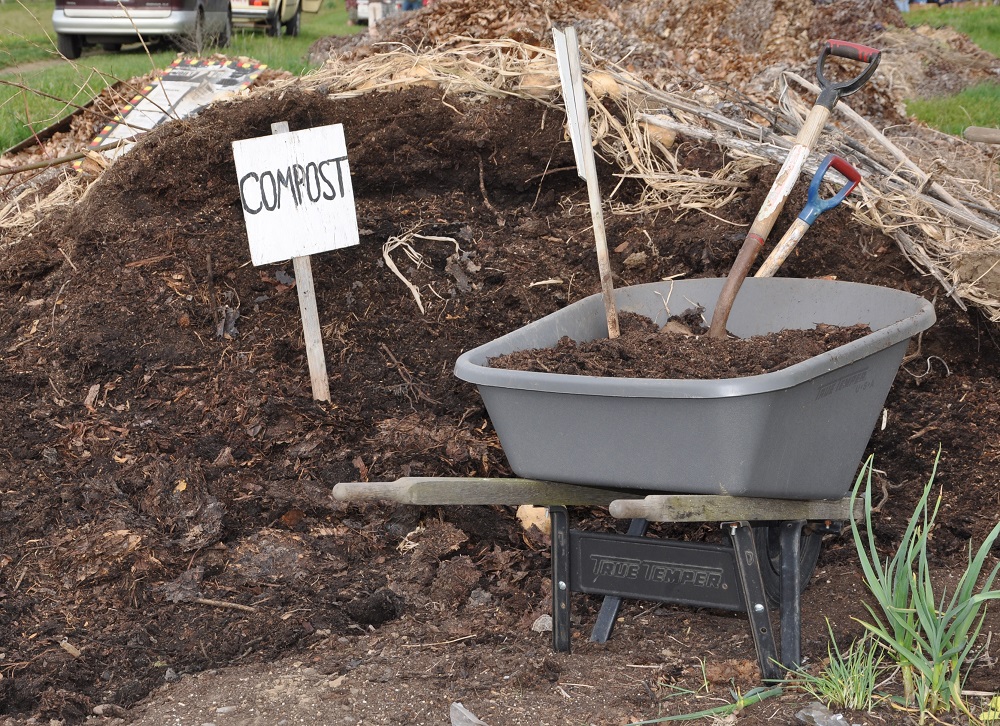While a U-Links project suggests there is community interest in a centralized composting facility at Abbey Gardens, it remains a “theoretical” prospect for now, director of operations, Ashley McAllister said.
Trent University sustainable studies student Samuel Duah collaborated with Abbey Gardens on a community survey and recently presented his findings at the U-Links Celebration of Research and to the Abbey Gardens board of directors.
Duah said they wanted to assess the factors that enable or hinder food waste reduction and diversion at the household level. His study also examined factors that would encourage residents’ participation in a community-based composting facility.
He conducted an online survey, via the Abbey Gardens website, between Sept. 3-30, 2020.
“A total of 220 respondents took part in this research,” Duah said. He added they had to be all-year or seasonal residents of Haliburton County.
In the conclusion to his study, Duah said, “the results … indicate that households are more inclined to use a centralized composting facility with multiple drop-off centers and flexible pick-up hours.”
He added that a facility “located at, and championed by, Abbey Gardens has the potential to encourage participation as some community members regard such an initiative as means of supporting the development and sustainability of a ‘community asset’.”
“Further, giving back prepared compost to community members can also incentivize community participation if compost meets high quality standards,” he wrote. “Together these findings suggest that there is community interest in Abbey Gardens’ proposed initiative and willingness to make use of a suitably designed centralized composting facility.”
McAllister said it’s an idea they’ve discussed.
However, she said Abbey Gardens was only a small piece of Duah’s final thesis. But she said it was an intriguing perspective on the community’s interest in a central composting location at Abbey Gardens.
“Composting is something we feel very strongly about, and we do have our own composting on site and a composting demonstration area to help educate our visitors about how they can compost at home,” McAllister said.
“I think right now that seems like the right direction given some of Samuel’s results, and the municipality’s perspective on waste hauling and the logistics involved in becoming licensed to be a larger partner in that process,” she added.
It’s something they’ll continue to keep in mind as the County’s needs evolve and they have a better understanding of how they could play a role in a larger composting strategy.
“But right now, it’s still just theoretical.”
Food Cycler
The Township of Algonquin Highlands, meanwhile, is planning to launch an organic waste diversion pilot project this year to encourage more people to compost at home, instead of bringing household waste to landfills, which also contributes to greenhouse gas emissions.
It’s also intended to convince those afraid to compost because of the fear of wildlife to rethink their household food waste practices.
Algonquin Highlands’ environmental coordinator, Melissa Murray, has made contact with producers of a product known as the Food Cycler, which is an indoor, countertop, waste composting machine. The plan is to subsidize the cost for AH ratepayers.
Interest in the Food Cycler has also spread to other municipalities. They’ve all been looking into the issue of household waste going into landfills over the past year or so.





